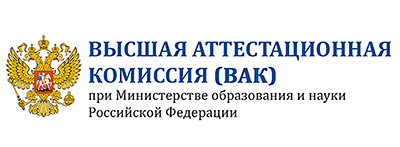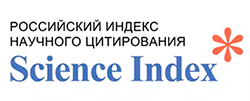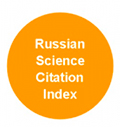Mortality of children under one year of age in Russia: what has changed after the transition to the new definition of live birth and stillbirth
Abstract
Infant mortality in Russia has been decreasing for several decades. In 2011, however, Russia’s infant mortality rate reached a level (7.4 per 1000 live births) more than three times higher than in countries with minimal levels. In April 2012, Russia adopted new definitions of live births and stillbirths, which are much closer to the corresponding WHO definitions than those used before.
The transition to these new definitions was meant to increase the rates of perinatal, early neonatal and infant mortality in general for children weighing up to 1000 grams – those concerned by the changed definition.
This paper analyzes the changes in the structure and dynamics of death in children under one year of age since the transition to the new definitions of live births and stillbirths, according to birth weight and period of death based on official and medical statistics. It looks at the possibility of distortion of both infant and perinatal mortality and their components.
Particular attention is given to an analysis of the structure of infant mortality by age and cause of death in Russia in comparison with other countries. The regional aspect of changes in infant mortality for 2011-2012 is also studied herein.
The analysis is based on data from official and medical statistics.
























